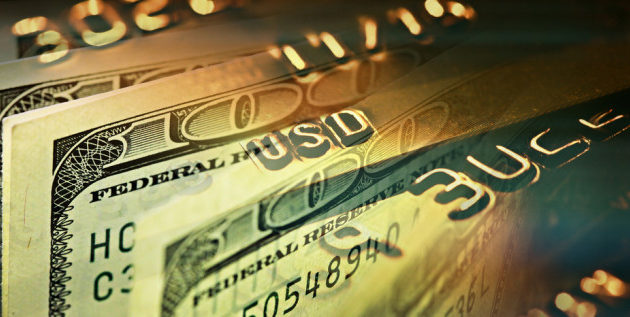How Economic Control Threatens Political Liberty, Free Speech and the Rule of Law by Jon Guze
John Cochrane (aka “The Grumpy Economist”) has posted a long meditation entitled “Rule of Law and the Regulatory State,” in which he makes a very important point:
The United States’ regulatory bureaucracy has vast power. Regulators can ruin your life, and your business, very quickly, and you have very little recourse. That this power is damaging the economy is a commonplace complaint. Less recognized, but perhaps even more important, the burgeoning regulatory state poses a new threat to our political freedom.
What banker dares to speak out against the Fed, or trader against the SEC? What hospital or health insurer dares to speak out against HHS or Obamacare? What business needing environmental approval for a project dares to speak out against the EPA? What drug company dares to challenge the FDA?
Our problems are not just national. What real estate developer needing zoning approval dares to speak out against the local zoning board?
Readers who doubt that this is an urgent problem should read the whole thing, which includes numerous chilling descriptions of regulatory abuse, but here I want to focus on an issue he raises in passing: how best to refer to this urgent problem?
Cochrane says he hasn’t found “a really good word to describe this emerging threat of large discretionary regulation, used as tool of political control.” He considers “socialism,” “regulatory capture,” and “cronyism,” but he rejects all three. Regarding the last two, he notes:
We’re headed for an economic system in which many industries have a handful of large, cartelized businesses — think 6 big banks, 5 big health insurance companies, 4 big energy companies, and so on.
Sure, they are protected from competition. But the price of protection is that the businesses support the regulator and administration politically, and does their bidding. If the government wants them to hire, or build [a] factory in unprofitable place, they do it.
The benefit of cooperation is a good living and a quiet life. The cost of stepping out of line is personal and business ruin, meted out frequently. That’s neither capture nor cronyism.
The fact is, we’ve seen this system of political economy before — most notably in Mussolini’s Italy and in Hitler’s Germany — and there’s a commonly used term for it. It’s fascism. Maybe Cochrane thinks that term is too emotionally charged. However, I’d have thought a bit of emotional charge was warranted. As Cochrane says:
The power of the regulatory state…lacks many of the checks and balances that give us some “rule of law” in the legal system. …
The clear danger we face is the use of regulation for political control. Each industry gets carved up into a few compliant oligopolies. And the threat of severe penalties, with little of the standard rule-of-law recourse, keeps people and businesses in line and supporting the political organization or party that controls the agencies. …
A return to economic growth depends on reforming the regulatory state. But… preservation of our political freedom depends on it even more.
Read the rest here.
This post first appeared at the John Locke Foundation.
EDITORS NOTE: See Steve Horwitz’s “Why the Candidates Keep Giving Us Reasons to Use the “F” Word“; Jeff Tucker’s “Trumpism: The Ideology“; and Jason Kuznicki’s “The Banality of Donald Trump.”
Jon Guze



Leave a Reply
Want to join the discussion?Feel free to contribute!